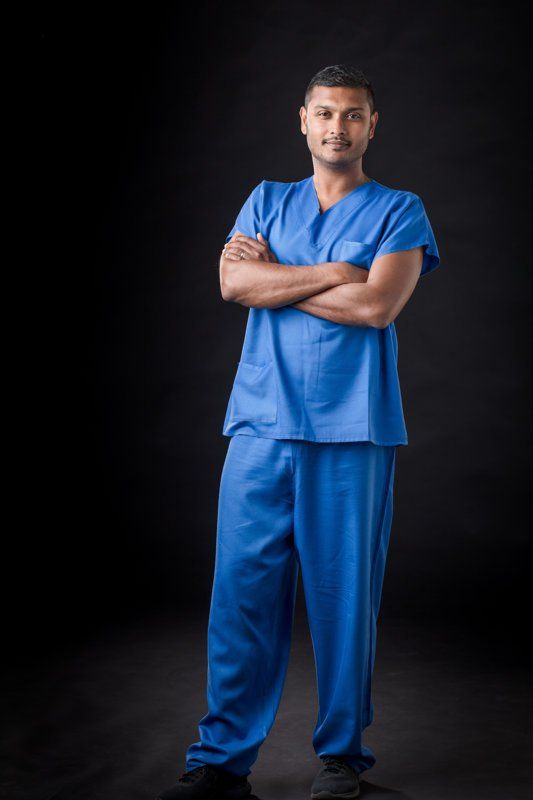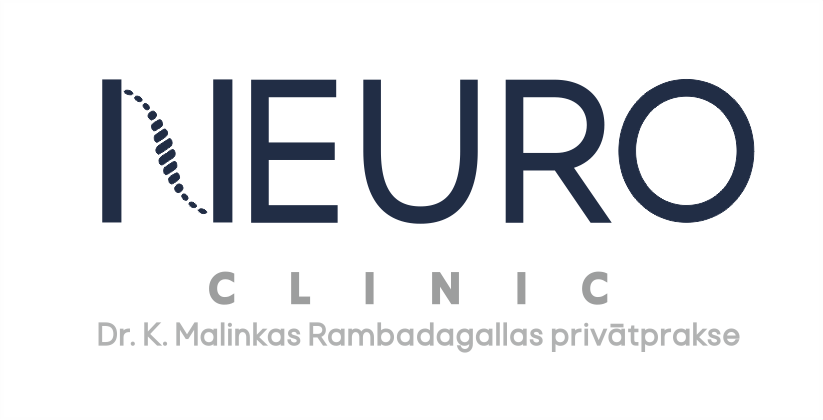With over 1,200 surgeries performed since 2019 alone, Dr. Rambadagalla has been independently performing neurosurgical procedures since 2012. He specializes in complex spinal conditions and neurosurgical trauma, and is known for his hands-on, patient-centered approach. His work combines surgical excellence with a strong commitment to education, clinical quality, and innovation.
In addition to his clinical practice, Dr. Rambadagalla is an active researcher and educator. He has contributed to major European neurosurgical studies and served as a clinical mentor to medical students and residents. Fluent in English and Latvian, he brings international expertise with a strong local dedication to patient care.
Dr. Rambadagalla firmly believes that a surgeon’s professionalism is defined by hands-on experience—ranging from routine surgeries to highly complex operations. Since 2012, he has independently performed a wide range of neurosurgical interventions, and each year he performs over 300 surgeries for patients with neurosurgical conditions. He is especially renowned for treating challenging spinal and brain pathologies, often handling cases referred by other specialists.
Earlier in his career, Dr. Rambadagalla trained and worked at the Department of Neurosurgery at Beaumont Hospital in Dublin, Ireland—one of the country's leading neurosurgical centers.
From March 2022 to December 2024, he served as a consultant neurosurgeon at Daugavpils Regional Hospital, where he played a key role in advancing complex spine surgery in the region. Prior to that, from February 2014 to February 2022, he served for over eight years as a neurosurgeon at Rēzekne Hospital in Latvia.
During this time, he was also a member of the Postgraduate Education Committee of the European Association of Neurosurgical Societies (EANS).
Beyond clinical work, Dr. Rambadagalla has made significant contributions to public health and medical education. He was a member of the Health Committee of the Rēzekne City Council (2017–2021), a neurosurgeon-lecturer with the Latvian Red Cross in Rēzekne, and a clinical mentor for medical residents within the University of Latvia Residency Development Program.
In addition to clinical work, Dr. Rambadagalla is actively involved in research at both national and international levels. From 2016 to 2017, he contributed as a researcher to the Latvian Genome Database Development Project, in collaboration with the Latvian Biomedical Research and Study Centre. From 2015 to 2021, he served as Principal Investigator in Europe’s largest traumatic brain injury study, focusing on the effectiveness of surgical treatment.












